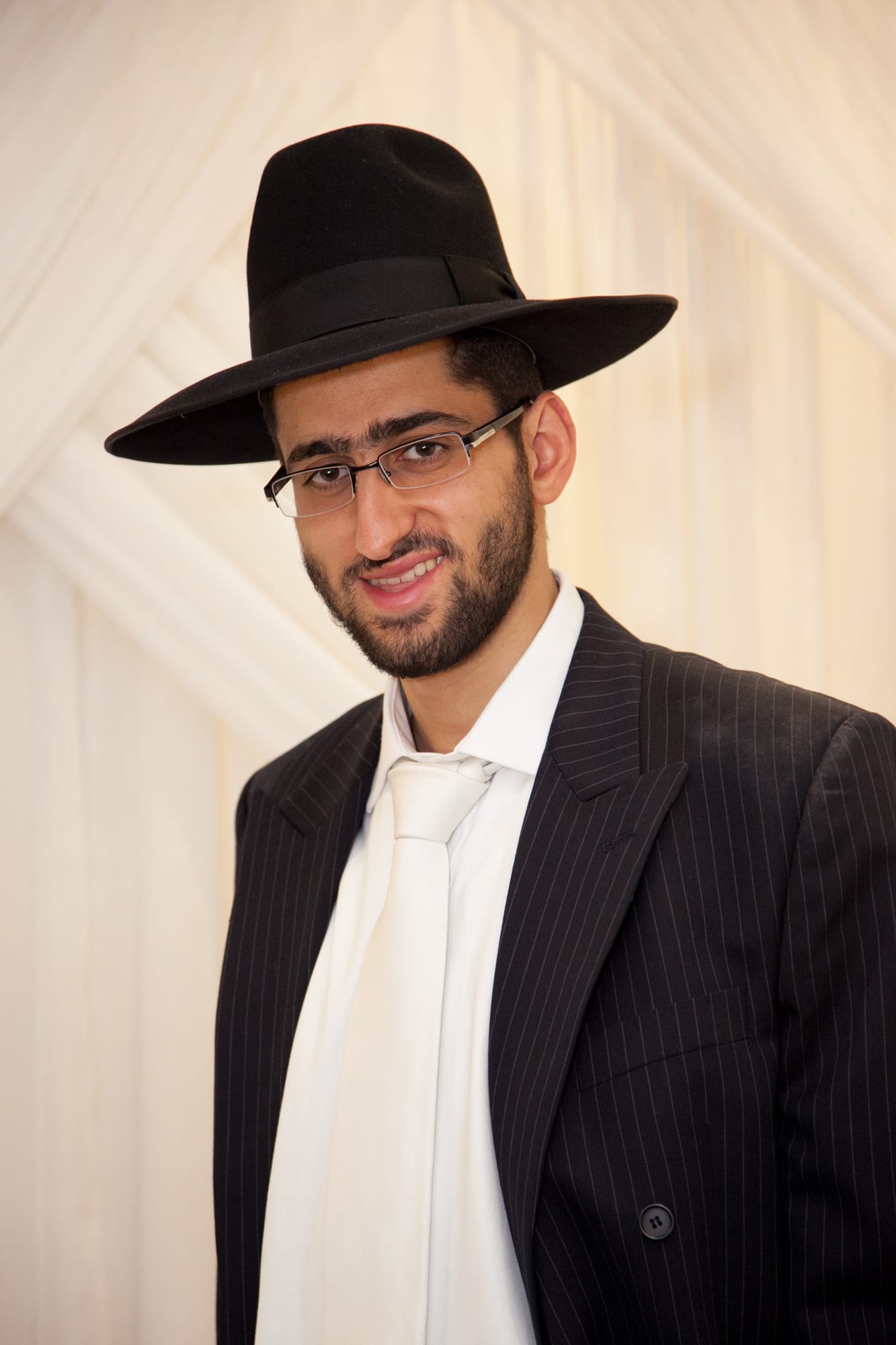
On my most recent family walk in the Lake District, we came across the statue of a Border Collie dog named ‘Ruswarp’ with a plaque describing this heroic dog’s loyalty to its master, Mr Nuttell. The two greatly enjoyed walking together. In January 1990, Mr Nuttall and Ruswarp went missing in the Welsh mountains. On 7 April 1990, a lone walker found Nuttall’s body by a mountain stream. Nearby was Ruswarp, so weak that he had to be carried off the mountain. He had stayed with his master’s body for 11 winter weeks!
Drawing inspiration from Rabbi Akiva’s incident with the water penetrating the rock, I took advantage and taught my children how even a dog with its limited metal capacity can overcome its desires for the sake of its master. We humans should be doing even more for our Master.
Focusing on the opening words of our Parasha, we are promised much reward for going in the way of Hashem. As the Gemara in Shabbat (133:) brings the famous words of Chazal, just like He is merciful and kind, so should you be etc. However, on a deeper level, the commandment to walk in line with the statutes of Hashem is more than that.
The first Medrash on the Parasha brings the Pasuk in Tehillim (119, 59) regarding David Hamelech that without any contemplation his feet would take him to the spiritual places of Hashem. We can relate to this by focusing on our physical needs. When one is hungry, his natural urge is to desire food without giving it any thought. A tired person will doze off (hopefully not when you’re reading this!). It’s the design and creation of Hashem that a person has a natural instinct to survive. However, this is all in the physical realm. We don’t have the same natural urge for spiritual endeavours. Although there is ethical behaviour, rooted in the Torah, that a person would naturally feel terrible lying, killing, stealing etc. this isn’t the case of the ‘chukot‘ of Hashem. The God given mitzvot that our intellect doesn’t command requires us to exercise diligence and constantly motivate ourselves towards up keeping the chukot of Hashem. This is where David Hamelech was different. In those chukot of Hashem, he would find his intellect pursuing his feet that were subconsciously making their way to the Bet Hamedrash. It was with his physical necessities that he needed to think! This Medrash is more than relevant to the command of ‘BechukotaiTelechu‘. We should aim towards our feet taking us to perform the chukot without deliberation; a natural urge to survive spiritually.
Adapting such an elevated level of David Hamelech to our current times, how does one encourage this desire to go in God’s ways? An education system that teaches these values to the youth is the essence of good Chinuch. Children are sensitive to the hormones of parents. They are able to sense what gets their parents excited. Is it their neighbour’s new car or is it the Torah they learn together at Avot Ubanim sessions? Children gauge how meaningful a Torah way is to their parents. These values combined with constant practice and reflection is a good place to begin. David Hamelech reached the end of this road. His constant avodat Hashem refined his natural desires, perfecting them to the highest levels. This created within him a natural urge to fulfil God’s chukot (1). One who develops such an urge will find himself being carried to do the desire of God. Such an urge can survive the harshest challenges in the most challenging times. As the Gemara in Eiruvin (100:) draws lessons from the diligence of an ant and other such creations, Ruswarp is an example of keeping to ones principles despite the hardest conditions.
The MesilatYesharim (Chapter 7) describes at length the notion of outward actions awakening our inner desires. With regards to Tzedaka, the Rambam writes that when faced with an option to give a large amount of charity in one go or many smaller payments in different transactions, one should do the latter because that awakens our desire to give Tzedaka naturally (2).
Most appropriate is the admonition towards the end of the Parasha that is all rooted in the sin of ‘not serving Hashem with Simcha’. An action that is done with happiness and motivation leaves us with imbued feelings of fulfilment and the desire for more. Mitzvot done with Simcha, the Torah we learn with Simcha, all belong to a totally different category than those done uninspired.
May we all see the end of all kelalot as we approach Shavuot.
Shabbat Shalom
(Feel free to visit the statue of Ruswarp, just not when I’m there!)
(1) Yet sins that are insignificant on our level are considered very serious on his level e.g. David with Batsheva etc.
(2) An incident with the Chazon Ish; a man came before him asking him for a blessing ahead of a new job he was about to enter. The Chazon Ish enquired into the nature of the job and when he heard it was a bank clerk, he advised the man to work in the withdrawals part and not in the deposits part. The reasoning is that a person should become accustomed to giving out money, not accepting.







